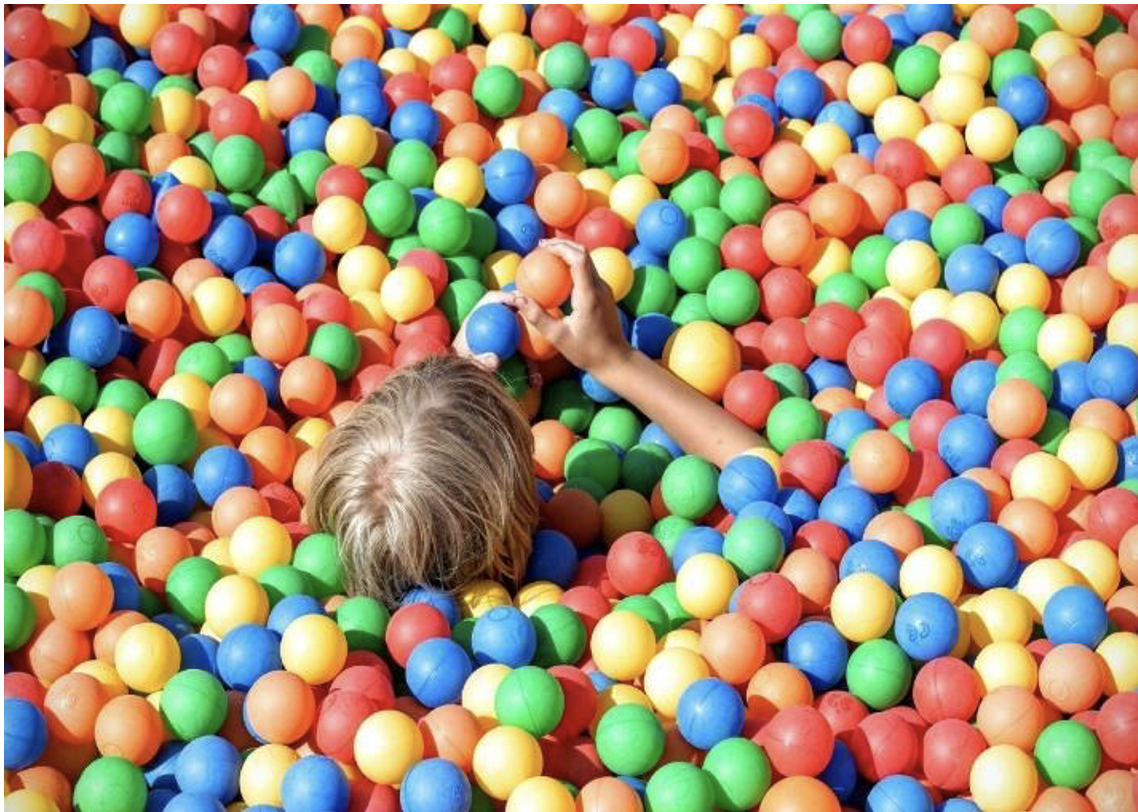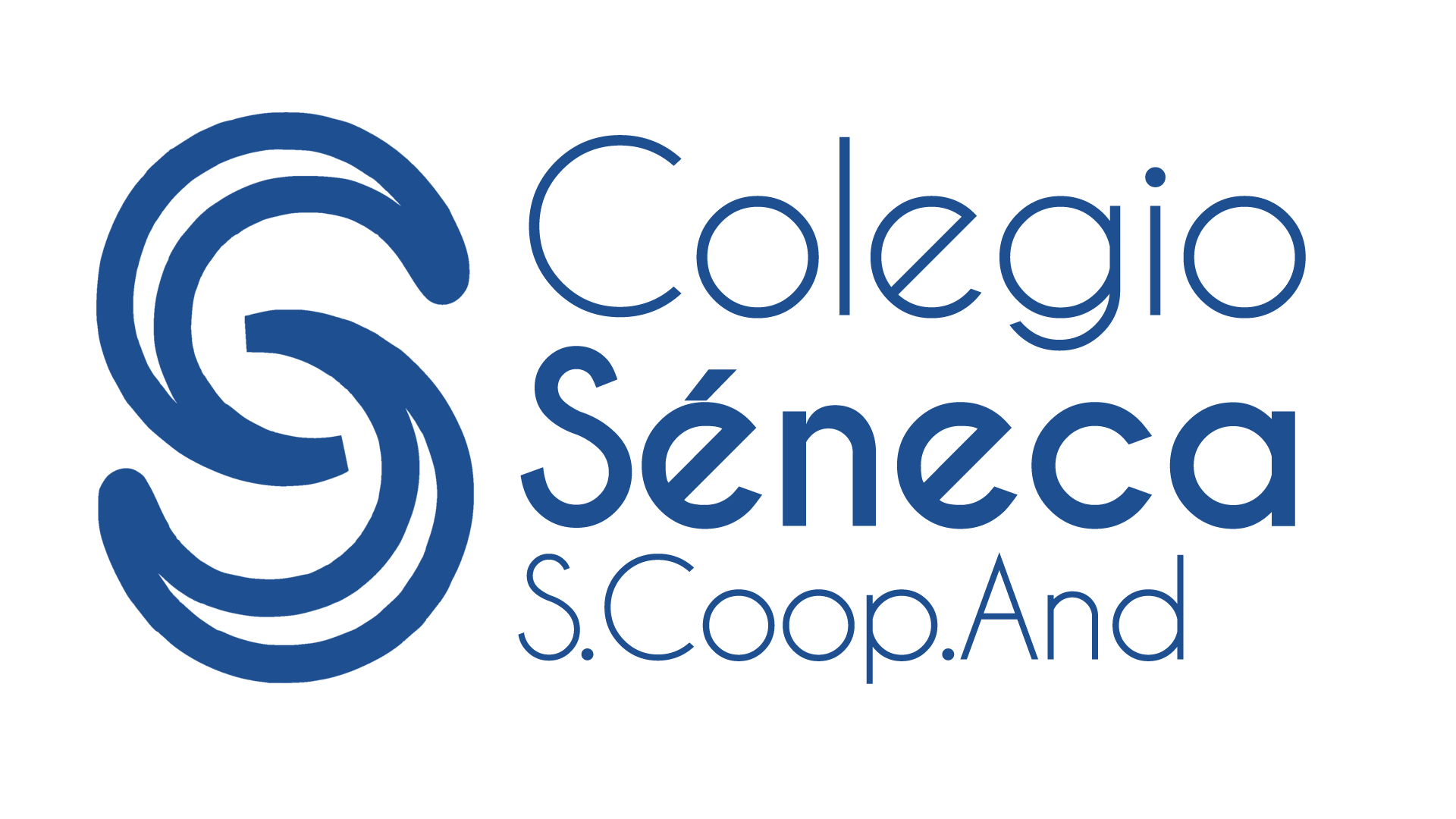Motto : » I play, but you have to take me seriously» Domokos Szilágyi During everyday life, adults, parents and even teachers consider playing and learning as mutually exclusive concepts. Many people believe that while studying is a ‘serious’ activity, a task, playing is linked to the concept of leisure. However, the key...
Playing for the joy of learning

Motto : » I play, but you have to take me seriously» Domokos Szilágyi
During everyday life, adults, parents and even teachers consider playing and learning as mutually exclusive concepts. Many people believe that while studying is a ‘serious’ activity, a task, playing is linked to the concept of leisure.
However, the key to successful learning is motivation. One of the most important questions for teachers is how to provide a framework for teaching that fosters students’ motivation to learn.
One of the themes of recent pedagogical research is the possibility of introducing gamification as a way to support learning. Games trigger mechanisms in human behaviour that induce a feeling of pleasure and motivate people to carry out a given activity. Gamification of learning means «borrowing» from games the mechanisms that trigger a positive, motivating feeling of inspiration, i.e. using game design elements in a non-game context.
There is also much talk these days about the fact that children are less and less able to concentrate on something for long. Similar to the self-absorbed in playing is Mihály Csíkszentmihályi’s theory of Flow, according to which we can become so absorbed in a given activity, we can have such an experience (flow) that we do the activity for the sake of the action (Csíkszentmihályi, 2010). In this case, not only does the performance increase, but also the person’s state of consciousness changes, which reflects on the person themself, whose competences are improved, who is able to focus strongly, and whose activity is enjoyable and not stressful.
The Erasmus+ project EDUGRAAL brings together education professionals and teachers from six countries (France, Belgium, Spain, Italy, Greece and Romania) to achieve a common goal: to redefine the use of homework to consolidate and deepen knowledge, but in a new and innovative way: by making it playful, increasing motivation and creating a sense of «flow» in the process of doing homework.
The aim of the project is to create homework tasks that, based on the concept of computer adventure games, involve students in a created world where they solve different tasks as the story progresses to reach the final goal, obtaining the ‘treasure’ while practising the knowledge taught in class.
However, Edugraal not only creates adventurous tasks, but also provides a way of training teachers and introducing them to the concept of gamification through an e-learning module. The pedagogical toolbox needed for its implementation is also available to teachers on the website https://edugraal.eu, the result of a joint effort, which introduces the concepts of gamification and homework adventures in six languages: French, Italian, Hungarian, Romanian, Greek and Spanish, and shares ready-to-use homework adventures as well. The homework activities are characterised by interesting adventures with an inter- and transdisciplinary approach, colourful graphic elements, which can be used in mathematics, biology, physics, chemistry, history and literature lessons.
Students from the Kölcsey Ferenc Főgimnázium (in Romania) also participated in testing the ready-made exercises, and their teachers also created adventurous homework. The most credible reports came from the teachers, who invested a lot of time and effort in learning how to create adventurous, exploratory play-based homework for the children. Their experiences and opinions are quoted below:
«We created playful, adventurous homework tasks that confronted us with new challenges. Gamification as a method for homework is a new field and we concluded that it is worth the effort, as it complements the learning process, helps to practice and deepen knowledge.» (Teacher)
«An interesting approach, pre-planning, a lot of creativity, even more time and, in good cases, teamwork, characterise this type of teaching method.» (Teacher)
«The choice of topic should be adapted to the student’s interests, as this may make him/her more willing to tackle a series of tasks over several pages. The choice of exercises seemed to be the easiest, as they had to be related to the theoretical or practical material taught. However, creating a framework is very time-consuming and the vocabulary needs to be adapted to the age and primary knowledge of the child.» (Teacher)
«The creation of the gamified homework was done in teams, together. The collaboration was really fun, not only challenging for us but also a real team-building exercise. Creative ideas were generated and the outline of the homework was quickly put together. It took a little more time to edit, correct and create the final version.» (Teacher)
«It was a real challenge, I liked it.» (Student)
«Personally, I liked the challenges and the unexpected twists.» (Student)
«I find the idea of embedding the tasks into a story really interesting.» (Student)
Gamification, or gamified homework, is a remarkable method for all teachers who want to try new ways and are not afraid of challenges.
Dear colleagues, let’s go on an adventure!



